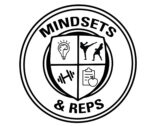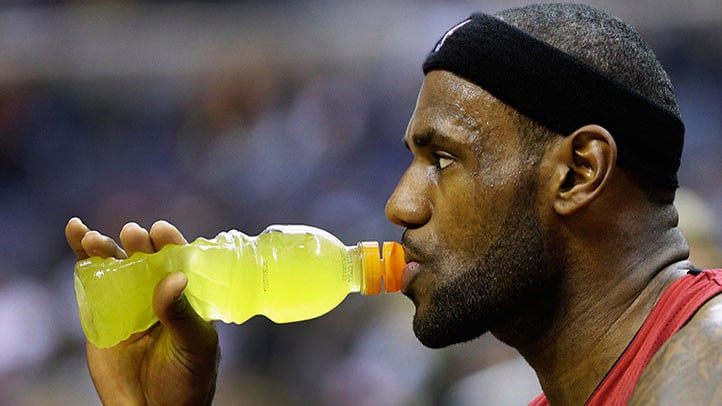
Despite being one of the most popular sports in the world, supplement research and recommendations are severely lacking in the sport of basketball. At the highest level, variables like nutrition and supplementation can give an athlete a definitive edge
Basketball is a sport that has both anaerobic and aerobic properties. Anaerobic activities simply mean that they contain short bursts of intense work. Examples would be sprinting on a fast break, jumping for a rebound in traffic, or running around screens to get an open shot. Aerobic activity is exercise that lasts for a long period of time. Basketball games typically last from 32-48 minutes of court time depending on if you’re at the high school, college, or pro level.
Below you will find information on individual supplement ingredients along with supplement recommendations. In some cases you will be able to find supplements that contain two or more ingredients that provide benefit. These supplements are specifically chosen to improve a basketball player’s endurance, explosive power, recovery, and joint health.
1. Creatine
Creatine is by far the most researched and proven supplement. It’s often overlooked because it’s been around for so long and so many of us are familiar with it. Sometimes we run into the trap of looking for the next big thing when the best option is right in front of us. What is sometimes misunderstood is the way in which creatine works.
Creatine benefits athletes in two different ways. Creatine is actually an energy source, similar to the way carbohydrates and fats are energy sources. The great thing about creatine is that it creates energy very quickly; far more quickly than carbs or fats. For this reason, it is used specifically for high intensity activities like sprinting. By saturating your muscles with creatine, you can ensure that that particular fuel source is full and optimized to the best of its ability.
The other benefit of creatine, and the one that most people are familiar with, deals with hydration. Creatine pulls water into the muscle cells, thus keeping them hydrated. As a result, it is important to drink plenty of water while supplementing with creatine. Typically I recommend clients multiple their body weight in lbs x .75 to figure out how many ounces they should drink per day.
The studies proving creatine’s efficacy are virtually endless. Studies have shown improvements in power output, hydration, anaerobic running capacity, and new research indicates it may even have cognitive benefits.
You can saturate your muscles more quickly if you use a creatine loading protocol, but I’ve never been a fan of it as it seems to cause gastric distress in many individuals. Simply take 3-5g of creatine per day consistently and your muscles will be saturated soon enough. There are many forms of creatine, but there is little evidence to suggest that anything is superior to good old creatine monohydrate.
For as beneficial as creatine is, it is incredibly cost effective. You can purchase creatine on its own but it is found in many comprehensive supplements as well (more on that later).
2. Beta Alanine
When you play an intense sport like basketball, the buildup of acid in your muscles is a major reason why we get fatigued. If you’ve ever experienced that burning sensation in your legs, where you want to jump but your body just won’t respond, that is likely due to a buildup of acid. Beta Alanine works by buffering this acid and delaying fatigue, thus increasing muscular endurance. This ingredient is a staple in many pre-workout supplements and is usually dosed appropriately at about 3 grams per serving. It’s responsible for the tingling feeling you may experience when you drink one of these pre-workouts.
Beta Alanine stacks well with creatine, as collectively they would cover all facets of athletic performance. Creatine is helpful in aiding high intensity power output, while Beta Alanine would cover the other end of the spectrum by improving long duration muscle endurance and delaying fatigue.
3. Citrulline
Citrulline is another ingredient found in pre-workout supplements due to its ability to increase nitric oxide and thus blood flow throughout the body. What makes this ingredient particularly exciting for athletes is its role in the ammonia recycling process. Ammonia is a byproduct of exercise and causes fatigue, similar to the way acid does. Citrulline helps in removing ammonia from the body which aids in athletic performance.
Another benefit of citrulline is its ability to reduce muscle soreness post exercise. This is likely due to its ability to increase blood flow. A practical application to basketball would be in situations where you have back-to-back games in consecutive days or multiple hard practices in a row.
Citrulline should be taken about an hour before activity in doses of about 6-8 grams.
4. L-Carnitine
As alluded to previously, basketball has both aerobic and anaerobic elements to it. Because of this, an athlete will use a combination of carbs and fats for energy throughout the course of an entire game or practice. Carbs are a readily usable source of energy, but fats are a bit different. Using fats for energy is a multi-step process, and can result in fatigue if an individual isn’t efficient at metabolizing them.
Carnitine is the transporter which carries fats into the mitochondria of your cell, where they can be converted to energy. This final step of the fat metabolizing process is actually the slowest. But by saturating the muscles with carnitine you can optimize this step to the highest degree.
When shopping for carnitine you’ll notice various forms. There does not seem to be a superior form, but different forms require different dosing methods. Regular L-Carnitine, L-Carnitine L-Tartrate, and other forms are insulin dependent, which means you have to take it with a meal (or at least close to it) for proper absorption. Acetyl L-Carnitine is not, so you can take it whenever you’d like. Timing is not important, just take 1-2 grams every day.
I go into more detail about how Carnitine works in the video below.
https://www.youtube.com/watch?v=YT9ZHqC_wE8&t=11s
5. Caffeine
Similar to creatine, caffeine is a virtually guaranteed performance enhancer but doesn’t get brought up because it isn’t particularly exciting. It has both anaerobic and aerobic benefits, along with increased power output and reduced fatigue. You couldn’t ask for more from a supplement. Also similar to creatine is its price point; caffeine is both cheap and readily available.
Caffeine tolerance is highly individualistic. We all know the person who can have a cup of espresso right before bed and sleep like it’s no problem. We also know the person who has a small red bull and bounces off the walls for hours. The studies on caffeine are based on weight, typically 4-6mg per kilogram of body weight. This is on the higher end of the scale in my opinion, so it’s important to tailor caffeine intake to your individual needs and tolerance. Always start small and build up.
Caffeine comes naturally from beans (coffee) or can be made synthetically (energy drinks and supplements). Both forms are the same structurally and provide the same benefit, so you don’t have to go out of your way to find a specific type.
6. Cissus Quadrangularis
Basketball is a high impact sport that puts a lot of stress on your joints, particularly the knees. The constant jumping and running on a hard surface makes joint pain almost inevitable. Joint pain is common in athletes, and for a time supplement research on alleviating this pain was underwhelming at best. You may have heard of common joint supplements like glucosamine and chondroitin, but those just didn’t reliably get the job done.
Cissus Quandrangularis was shown to decrease perceived joint pain in exercise trained men. The exercise trained aspect of this study is particularly important as it is relevant to the needs of athletes. These were active, young men aged 20-46 that participated in the research. Most studies of this nature deal with elderly people with pre-existing bone or joint conditions, so this was a nice change.
Cissus was also shown to increase serotonin, which is a neurotransmitter that induces well-being and relaxation. As a result, this is not something you want to supplement with before a practice or game. Take it before bed, the relaxation benefits are just a bonus.
There are quite a few cissus supplements, but I found many to be underdosed. For some you would have to take upwards of ten pills to see an effect, which is extremely inconvenient. At the end of the article I list a specific brand that was adequately dosed.
7. Betaine
Betaine is a component of beetroot and is found in many pre and intra-workout supplements. Similar to creatine, it helps to hydrate your muscle cells. Unlike creatine, which is more directly linked to power output, betaine’s benefits are more favorable toward total workout volume and overall muscular endurance. The most robust studies on betaine show a cardioprotective benefit, which makes sense why it could translate to cardiovascular endurance.
8. Sodium Bicarbonate
Baking soda? Believe it or not, sodium bicarbonate is great at buffering the acid that builds up during an intense workout. As we mentioned in the Beta Alanine section, acid is a main driver for fatigue and thus a dropoff in performance.
Despite numerous research studies showing its benefit, the reason it is low on this list is because dosing can be problematic. This is not something you want to experiment with the day of a game. Sodium bicarbonate can cause stomach distress and send you racing to the bathroom, which is obviously the last thing you want during competition. In addition it is sodium bicarbonate, which means sodium is a component of this ingredient. Taking too much can cause an electrolyte imbalance and possibly lead to cramping.
Due to all of these variables, trial and error is necessary to find the right dosage for you. If you are interested, I would experiment in the offseason during a day you are doing light conditioning like a steady jog.
Supplement Recommendations
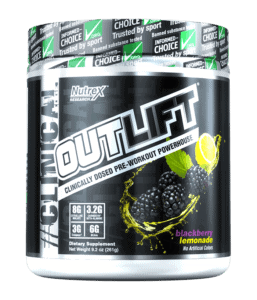
Nutrex Outlift
Contains: Caffeine, Citrulline, Beta Alanine, and Creatine
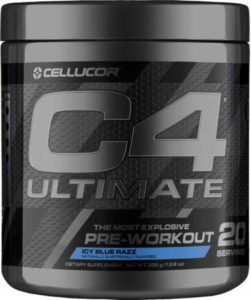
Cellucor C4 Ultimate
Contains: Caffeine, Citrulline, Beta Alanine, Creatine, and Betaine
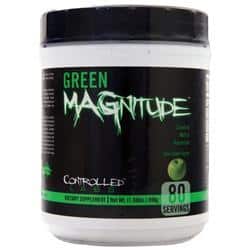
Controlled Labs Green Magnitude
Contains: Creatine and Betaine
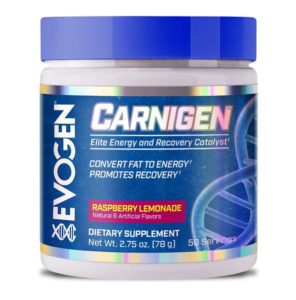
Evogen Carnigen
Contains: 4 Different Forms of L-Carnitine
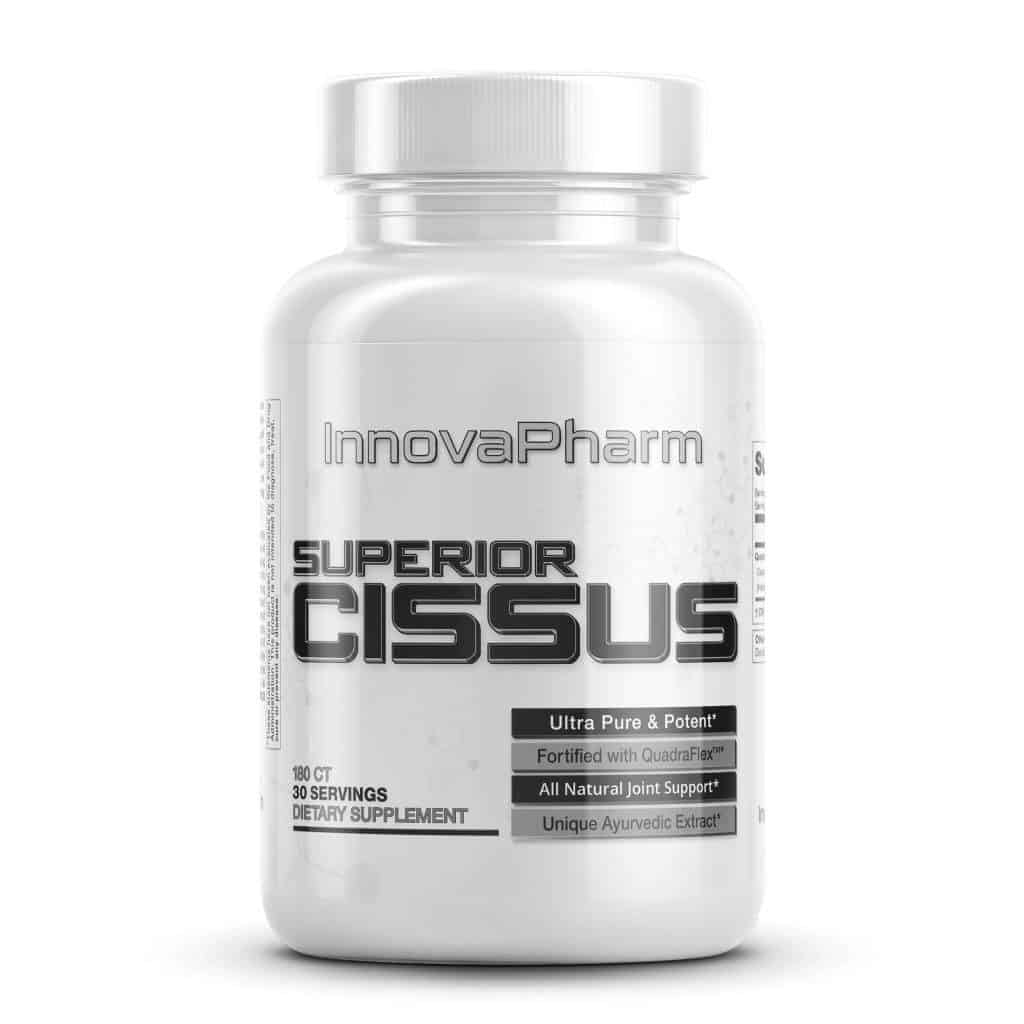
Innovapharm Superior Cissus
Contains: One of the few products on the market containing an adequate dose of Cissus Quandrangularis
Note: The supplements listed and any supplement you purchase on your own have various levels of testing. For example, the Informed Choice badge found on Nutrex Outlift indicates that batches are regularly tested, but not necessarily each one. If you have any questions about a particular supplement, you should contact your coaches, trainers, or governing body of your sports organization.
